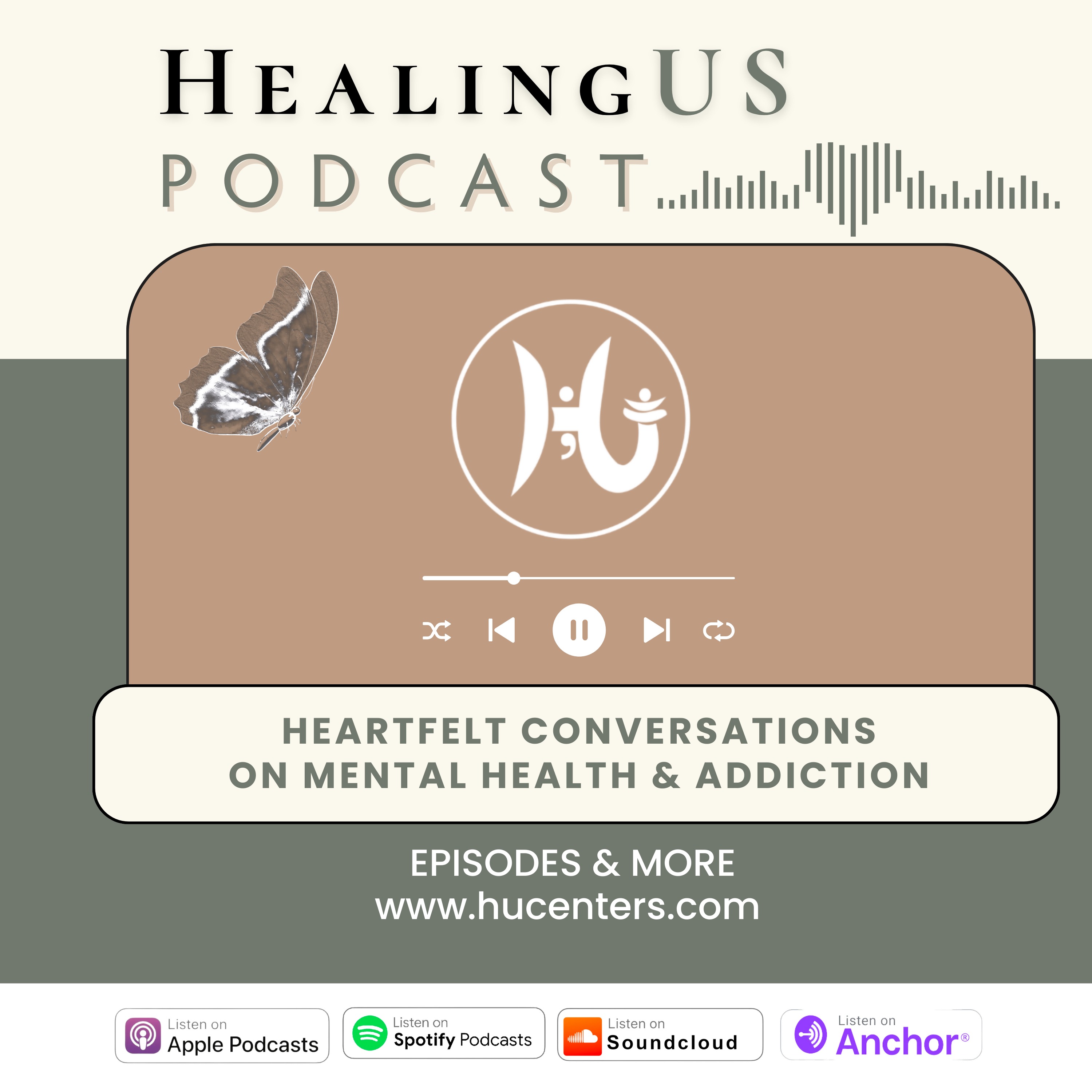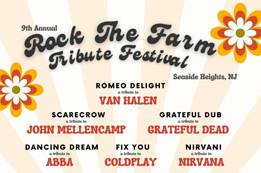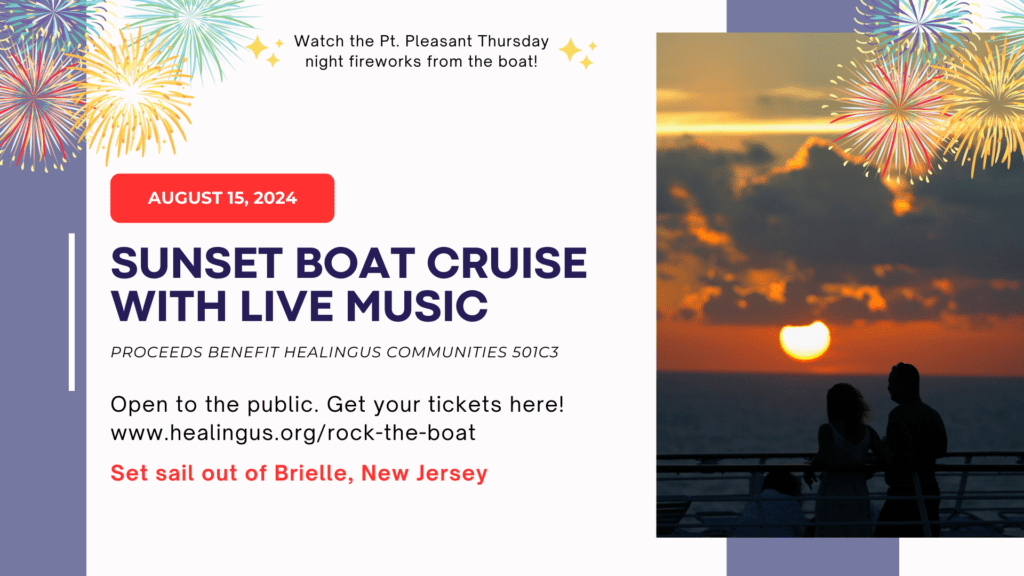Formerly known as CFC Loud N Clear Foundation
Changing Lives Since 2012
When you come out of rehab, where do you go? What do you do in this new sober lifestyle to have fun? How do you rebuild your life, heal your relationships, and start new?
Using a multiple pathways approach and strong accountability system, our programs are designed to rebuild lives from the ground up and inspire each member to achieve long term recovery.
What We Do
Community
Meetings
Housing
Collaboration
Intensive Peer Recovery Program
Who should attend ?
Anyone who is....
- Coming out of clinical treatment
- Wanting an intensive introduction to a recovery lifestyle.
- Who has been in and out of treatment and just can't stay sober.
- Who thinks they have tried everything and cannot achieve sobriety.
Men & Women’s Programs
- Men’s Writing Workshops
- Women’s SHEGoals Meeting
- Separate and Co-Ed Retreats
- Men’s & Women’s Housing
We run on
donations.
Frequently Asked Questions
Answering Your Common Questions
HealingUS is a relapse prevention program meaning our program begins after formal treatment and detox. We provided an array of recovery support services and an active sober social community. If you or a loved one is still in active addiction, we can assist with the entire journey from intervention to recovery.
HealingUS provides an array of services to help individuals rebuild their lives after addiction while achieving longterm sobriety. These programs include:
- Multiple pathway meetings which teach coping skill and self care
- Sober social events which build community, peer support, self confidence and self worth
- Volunteer opportunities which teach humility and gratitude
- Surrounging an individual with a sober community allows them to create new friends and experiences separate from their old bad habits
- Community creates the opposite of isolation.
- Our Career & Employment program allows members to dream about a future regardless of their past mistakes.
- Long Term Commitment to recovery. This is a lifestyle change, not just a phase.
To become a HealingUS Member in Recovery, an individual must be actively pursuing recovery and schedule a meeting with our member services coordinator for an intake.
To become a HealingUS Member in Recovery, an individual must have 30 days clean time and then an Intake appointment must be scheduled. Intakes occur at different times at each location. These will be individual or small group sessions and can take up to an hour.
No. HealingUS offers 68 monthly meetings across 2 locations in Ocean County. These meetings are free and open to the public. You can find the schedule online on our events page here.
A prospective member needs to bring an active credit/Debit card to pay for recurring membership fee ($30) and their insurance card for drug testing purposes. If you reside in HealingUS, the program is free.
Members in recovery pay a monthly fee of $30. This includes all programs and annual recovery retreats. If you reside in HealingUS Communities Houses, the program is free.
No, HealingUS is a progressive self help program run entirely by peers and recovery specialists. There is no clinical services provided. Clinical treatment is very important to stabilize an individual, address the underlying issues through counseling and medical intervention, and to begin making recovery plans for the future. HealingUS is the boots on the ground team that helps put those plans in motion.
Our Stories of Hope
Program alumni share their life changing stories and where they are today.







